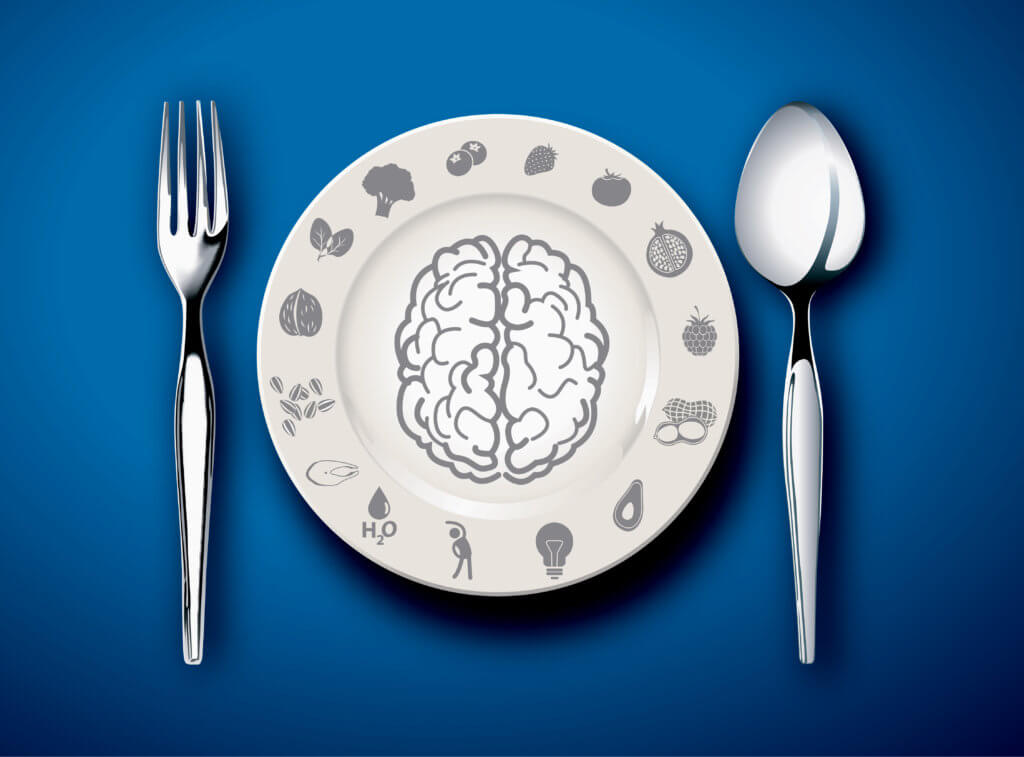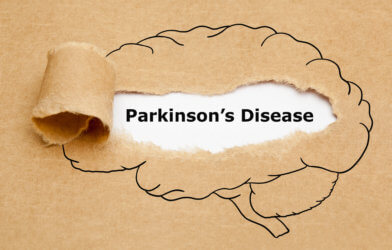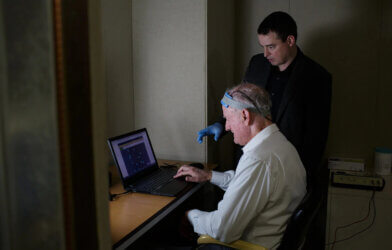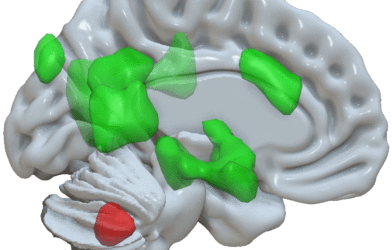While there’s much left to uncover about epilepsy and seizures, fasting and ketogenic diets have shown to be consistent nutritional treatments for symptom relief. But scientists don’t exactly know why. Now, a new study from Boston Children’s Hospital reveals how fasting in particular impacts neurons in the brain and reduces seizure incidence, possibly leading to new therapeutics that don’t involve fasting or diet restriction.
“This study is the first step in understanding how dietary therapies for epilepsy work,” says first author Dr. Christopher J. Yuskaitis, a neurologist with the hospital’s Epilepsy Center and Epilepsy Genetics Program, in a statement. “The mechanisms have until now been completely unknown.”
To begin, the team took already-understood mechanisms as part of their approach. The mTOR cellular pathway, which is involved in different neurological disorders, has shown that if activated too much in neurons, it increases risk of seizing. While other studies have shown that this pathway was inhibited by fasting, those tests didn’t examine the brain.
Scientists also understood that signaling sent by a protein called DEPDC5 can essentially halt this pathway. This was particularly interesting for study authors as mutations in the DEPDC5 gene have recently been discovered in several people with epilepsy. These mutations have also been associated with spasms in infants, and even sudden child death.
Knowing this, they were able to discover that in mice models with knocked out DEPDC5 in the brain, there were less incidences of seizures when applying a mTOR inhibitor. They built off this and conducted amino acid sequencing afterwards.
Studying neurons in mice revealed that the effect fasting has on epilepsy may be due to an absence of leucine, arginine, and glutamine amino acids. They were able to find that these three amino acids are capable of being sensed by the DEPDC5 protein. Further, when they knocked it out of the brain of mice, their mTOR activity saw no decrease and nor did their seizure frequency.
“Amino acid sensing seems to be critical for the beneficial effects of fasting on seizures,” says Yuskaitis. “This suggests that patients with DEPDC5 mutations can’t sense the loss of amino acids and may not benefit from dietary manipulation. But patients who don’t have DEPDC5 mutations may benefit from a targeted dietary strategy.”
Yuskaitis and team hope to move forward with trying different diet approaches in mouse models to note any changes in seizure prevalence. They also hope to expand this, looking more into the ketogenic diet, since the mechanism for why this diet works isn’t well-understood. In the future, these findings may provide new dietary approaches to long-term seizure relief without fasting or doing keto, as both of which are difficult to sustain long-term.
This study is published in the journal Cell Reports.











